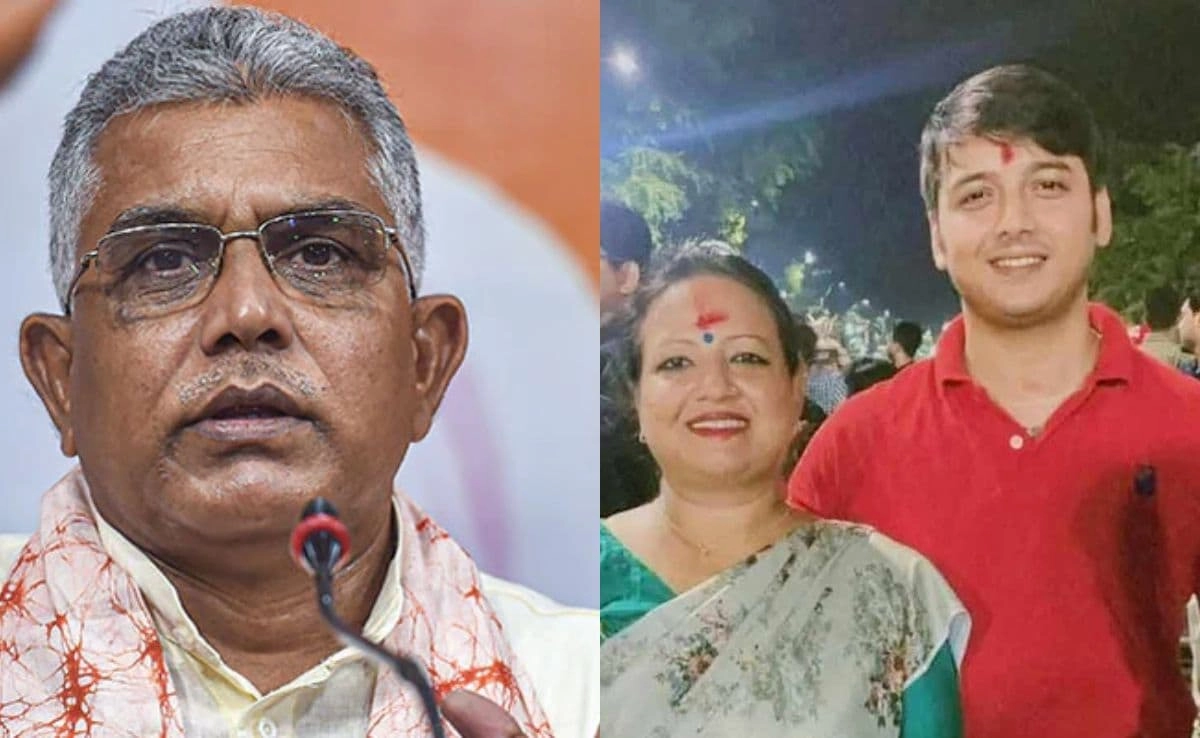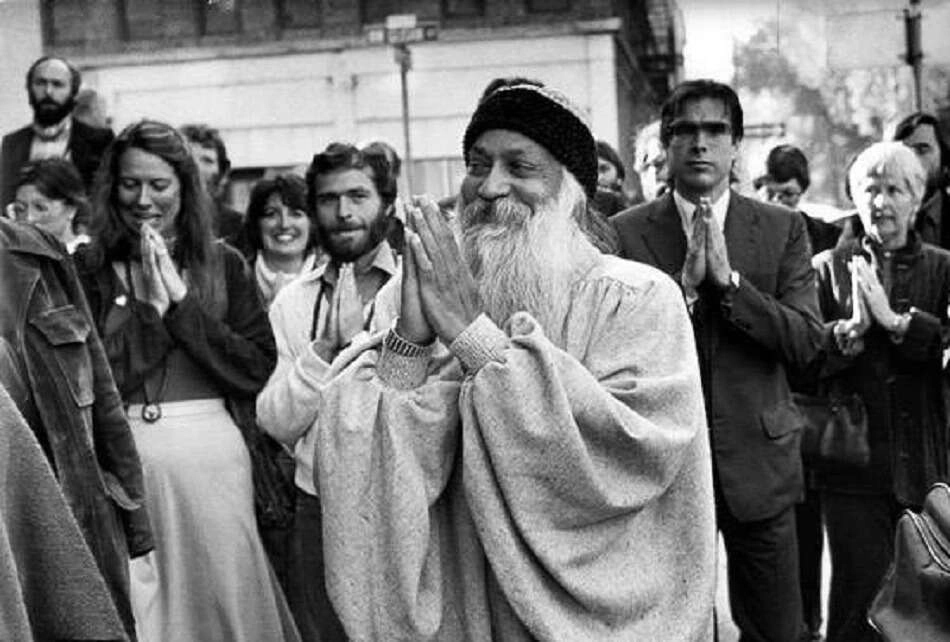In a recent incident that has sparked significant controversy, a student was reportedly assaulted after mentioning the name of Raj Thackeray and urging others to communicate in Marathi. This event took place in a public setting, where the student’s comments were perceived as provocative by a group of individuals who took offense. Raj Thackeray, a prominent figure in Maharashtra’s political landscape and the leader of the Maharashtra Navnirman Sena (MNS), has long been an advocate for the promotion of the Marathi language and culture. His stance has often ignited passionate discussions surrounding regional identity and linguistic pride.
The student’s call for speaking in Marathi was likely intended to resonate with Thackeray’s vision of upholding the language’s importance. However, the reaction he received was unexpectedly violent. Witnesses reported that the group quickly escalated the situation into a physical confrontation, leading to the student being thrashed. This reaction raises serious concerns about the current state of discourse surrounding language and cultural identity in India. It highlights the tensions that can arise when regional pride clashes with differing perspectives on national and cultural integration.
Moreover, this incident sheds light on the growing polarization over language use in public spaces. While advocates for regional languages argue for their preservation and prominence, dissenting voices often emphasize the necessity of a more unified linguistic approach. The student’s fate serves as a stark reminder of the risks associated with expressing opinions that diverge from prevailing sentiments, especially in a politically charged environment. As discussions about language and identity continue to evolve, the need for respectful dialogue and understanding becomes increasingly vital. This unfortunate event underscores the importance of fostering an atmosphere where individuals can express their views without fear of reprisal, ultimately contributing to a more inclusive society.




